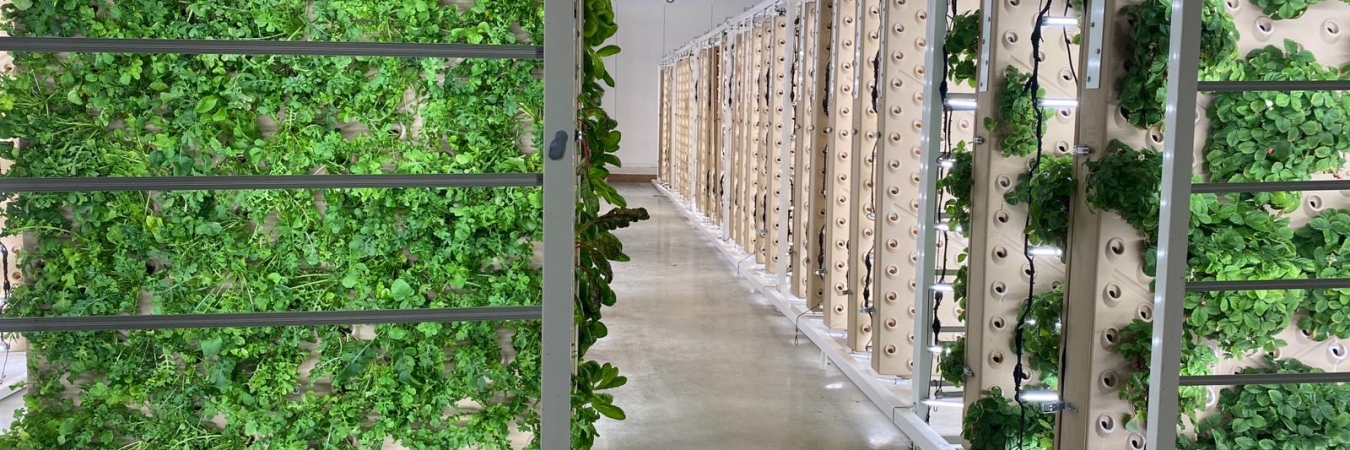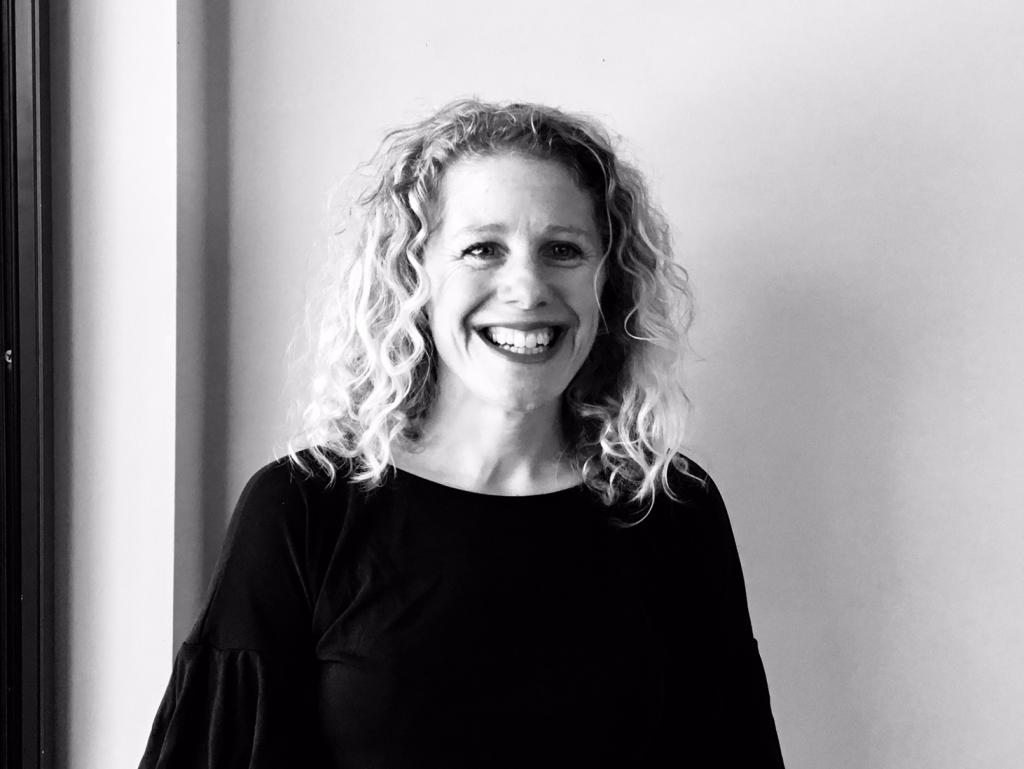What does a vertical farmer look like?
Is he or she recognisable as a farmer? Checked shirt, muddy boots, body warmer, lots of talk about the weather and how to get hold of a good agronomist – metaphorically speaking… Or is the new generation of vertical farmer recognisable at all? Does he or she install the same trust of tradition dictated by years of photos ‘in the field’ flasks of tea and sheaves of wheat?
Are they optimists? Realists? Or misguided?
Well, from my short experience of this alternative additional way of farming, these new researchers, growers and scientists are a very diverse bunch – bringing with them some pretty novel ideas and clever science. Some may have been advocates for alternative farming for donkey’s years and seen as hippie kibbutz types living in a tie dye world.
There are the technology buffs, who are excited by light spectrums and purple basil, and those affiliated to a university or research institute investigating new viable plant species. Then there are the investors – suited and booted – looking to support and shore up sustainable food supply for the future by presenting, supporting and chasing funding grants and bursaries.
Who does that leave? Well, people like me who are fascinated and compelled to work through it, in it and with it – keen to get the crops growing, find new markets and influence consumer perception where possible, capitalising on the year-round nature of these environments to grow funky stuff, no need to talk about the weather (which is a shame as it is a passion of mine!). Innovation Agri Tech (IAG) host tours – accessible for all – we will talk to anyone who are interested in hearing about some really refreshing stuff happening with controlled environment farming at the moment; from our technology to the crops we grow and supply.
All the knowledge in focus for vertical farmers, whether it be hydroponics, aeroponics, aquaponics or anything inbetween, has been borne from the knowledge gained from traditional farming, ecology and sustainability. These, I think, are the drivers from the beginning of time – from when the first crops were grown. It’s just that these brave entrepreneurs are talking nutrient mist rather than mud.
Urban farming has the ability to support and shore up elements of the current sustainable farming debate, lots written about ‘new world’ farming is anecdotal – traditional farmers who may feel these technological advancements threaten their livelihood and ancestral home. With technology comes data, there is harmony in practice if we join forces. Vertical farming has sustainability at its core; with regards to soil and tillage, we are soil-less, water usage – ours is cleaned and recycled, pesticides – none required, entomology – bees can be pivotal to pollination indoors or out… The ingredients are there.
Farm diversification, education and succession – all have a place with the new look vertical farmer – boxes ticked, companies like IAG do not take away, we add to the ecology and sustainability debate with our heads held high.
Hybrid farms is another aspect of my new world and knowledge, wouldn’t it be the pinnacle of ecological biodiversity to be able to see a one site farming collective on the landscape – wind, sun, earth, water, light, bees, fruit, salad, crops?
I would really love to know why so many types of urban or vertical or urban farming are seen as an ‘also ran?’ No one method of UK food production has all the answers, no ‘one size fits all’ lets celebrate a bit of diversity – I would prefer to call these new-fangled approaches as the perfect complement, maybe like cheese and wine or coffee and cake…
Kate Brunswick writes of herself “As a small child, I spent all my time outside. My parents were farmers in Hampshire when I was born, as farm managers to Sir John Peel, the Queen’s gynaecologist, and then later for themselves. I felt that the land was my calling. When it came to a decision post A-levels, my parents assumed if I went to ag college, that any time, energy and money they had invested in me would result in me driving tractors, riding horses or milking cows. The plethora of alternative courses which were available, just didn’t seem to appear on the horizon. I found myself on the next best course- biology with a major in plant and animal physiology. A management trainee position at Vitacress Salads was the first port of call; moving from the technical side of the business to a more commercial focus when I realised that I had a lot of say and working in a lab was not my future. Skills learned took me from salad, to bulbs, cut flowers, fine foods and organic dairy – working with the multiples along the way. This year I joined Innovation Agri Tech, pioneers of vertical farming, as Relationship Manager. This follows a career break, (loosely named) whilst raising three boys, starting a community magazine and assisting small local business start-ups, did I say it was a break?… I have two horses, two dogs and numerous chickens – I still strive to spend as much time outside as life allows.”
Header image courtesy of Innovation Agri Tech. All Rights Reserved.

